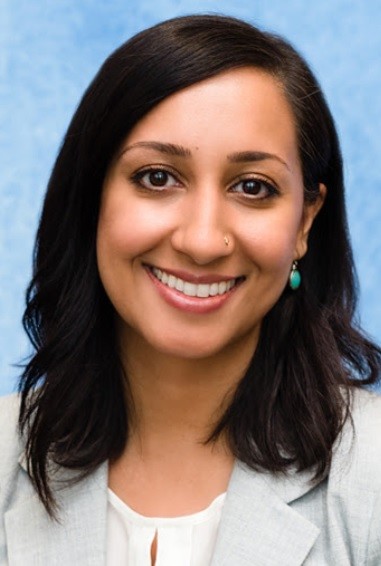Who gives the greatest share?
What group of Floridians contribute the greatest share of income to taxes? Not the wealthy, according to new study
Florida ranks 48th in the nation for tax fairness, according to a recent study by the Institute on Taxation and Economic Policy, or ITEP.
The study titled, “Who Pays? A Distributional Analysis of the Tax Systems in All 50 States,” evaluates all major state and local taxes, including personal and corporate income taxes, property taxes and sales and other excise taxes.
Florida has an “upside-down” tax system. This means that families with the lowest incomes – under $18,700 – contribute a 12.7 percent share to state and local taxes, while the wealthiest families – those with incomes upwards of $547,800 – contribute only a 2.3 percent share.
Families who fall in the “middle-income” bracket – those earning $31,400 to $49,500 – pay an 8.1 percent share of income.
As for Clay County, the median household income is $65,247, which would fall into the income bracket that pays a 6.8 percent share to taxes. More than 13 percent of households in Clay have incomes below $25,000.
One reason that Florida’s tax system is one of the most inequitable in the nation is because our state gets 51 percent of its revenue from sales and excise taxes. (The national average is 35 percent.) This disproportionately impacts lower- and middle-income families since they have to spend a greater share of their incomes to purchase the items and goods they need. Florida also lacks a personal income tax, which could help to relieve inequality.
There will be further challenges to reforming Florida’s tax system under Constitutional Amendment 5, which was approved by voters on November 6. The measure will require a two-thirds vote of the state Legislature to raise state revenue, taxes and fees or eliminate tax exemptions and loopholes. Clay County voters approved the amendment with a vote of 64,970 yes votes to 24,836 no votes.
The amendment locks into place current inequities in the tax system by making it nearly impossible to remove special interest tax breaks. It could also thwart lawmakers’ investment in things like great schools, affordable health care and modernized roads and bridges. Florida already ranks 50th in the nation for investments in public services and can’t afford restrictions on future revenue.
When the state underinvests in public services, costs shift onto local governments.
Florida voters have been approving tax referendums to generate additional revenue for their communities. Since the state has been underfunding things like affordable health care and great schools, localities have been trying to make up for the shortfall through referendums. Earlier this year, voters in Clay County approved a property tax increase to support school security, and on Election Day, 20 local tax referendums were approved by voters across Florida.
What does this mean? Florida families want to live in thriving communities, and they value public education, parks and beaches, updated roads and economic growth. They know that the way to help communities flourish is to invest in their neighborhoods.
Now, it’s time for state lawmakers to follow suit. In order to make the tax system fairer and ensure that those benefiting the most from Florida’s economy are paying their fair share, the Legislature and governor must fully invest in families and clean up the tax code.
Sadaf Knight is chief executive officer at the Florida Policy Institute.







